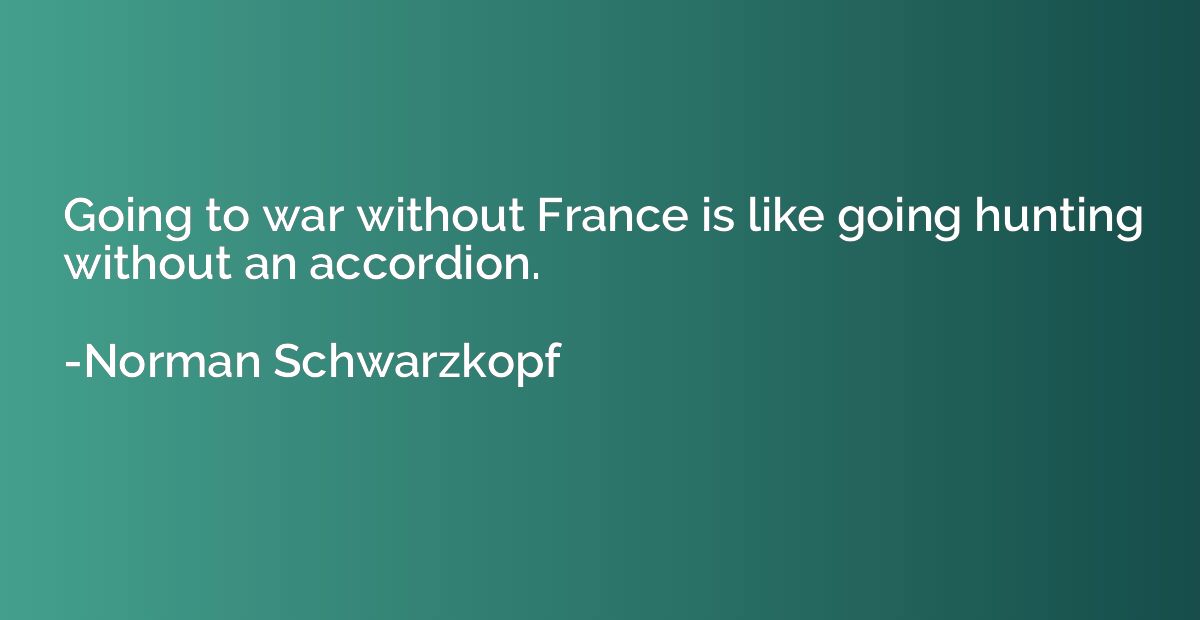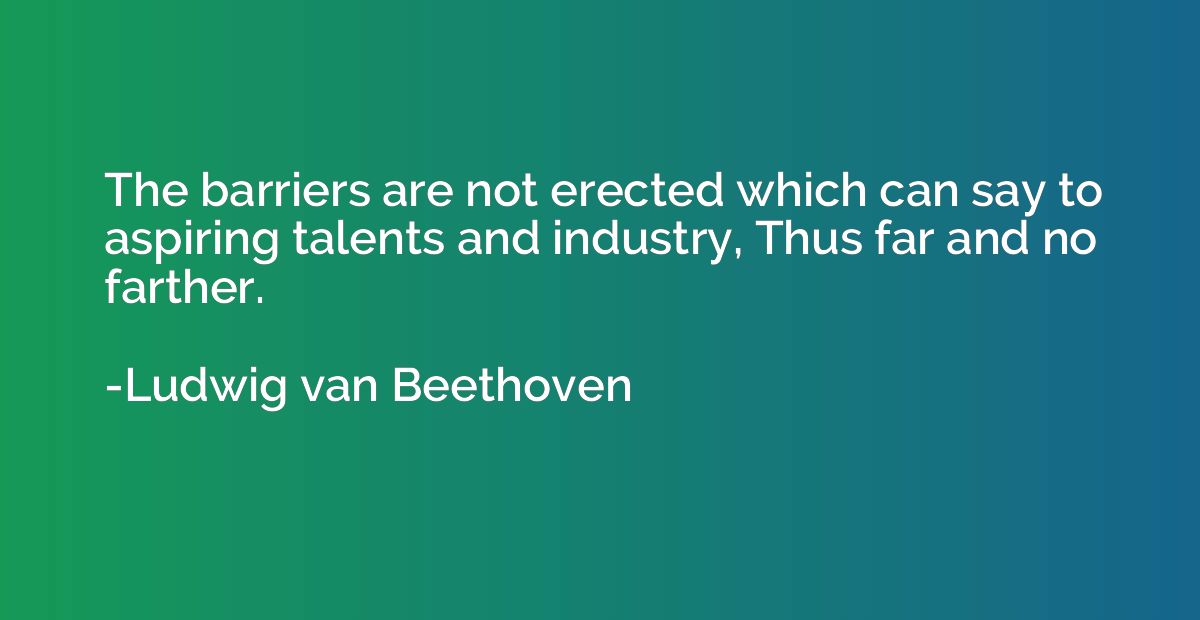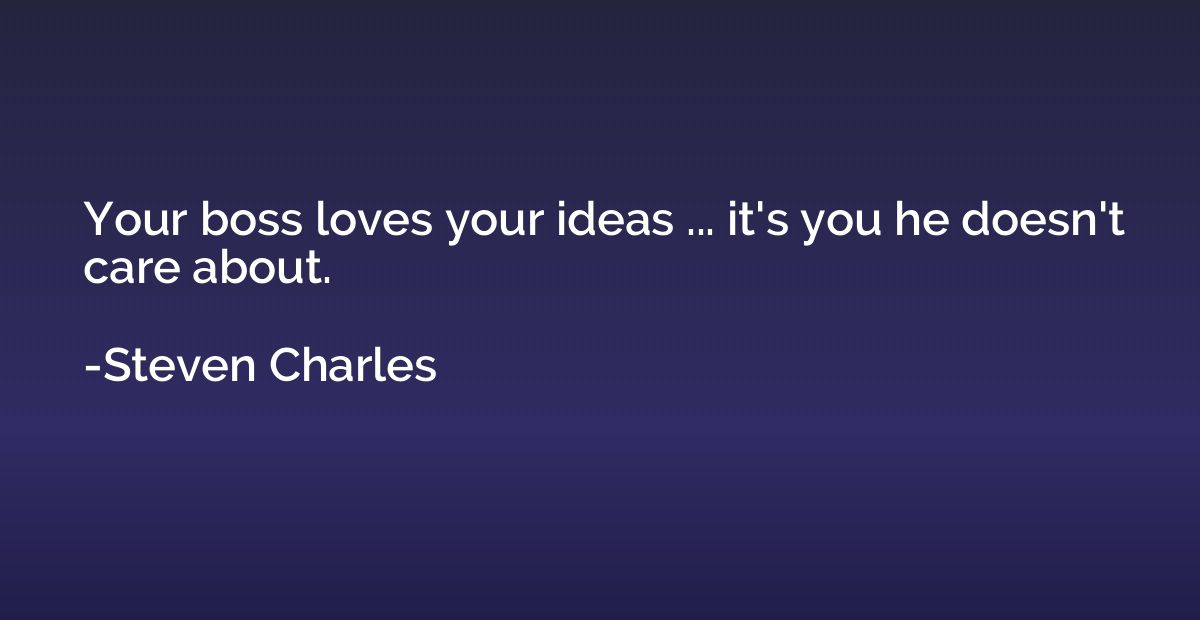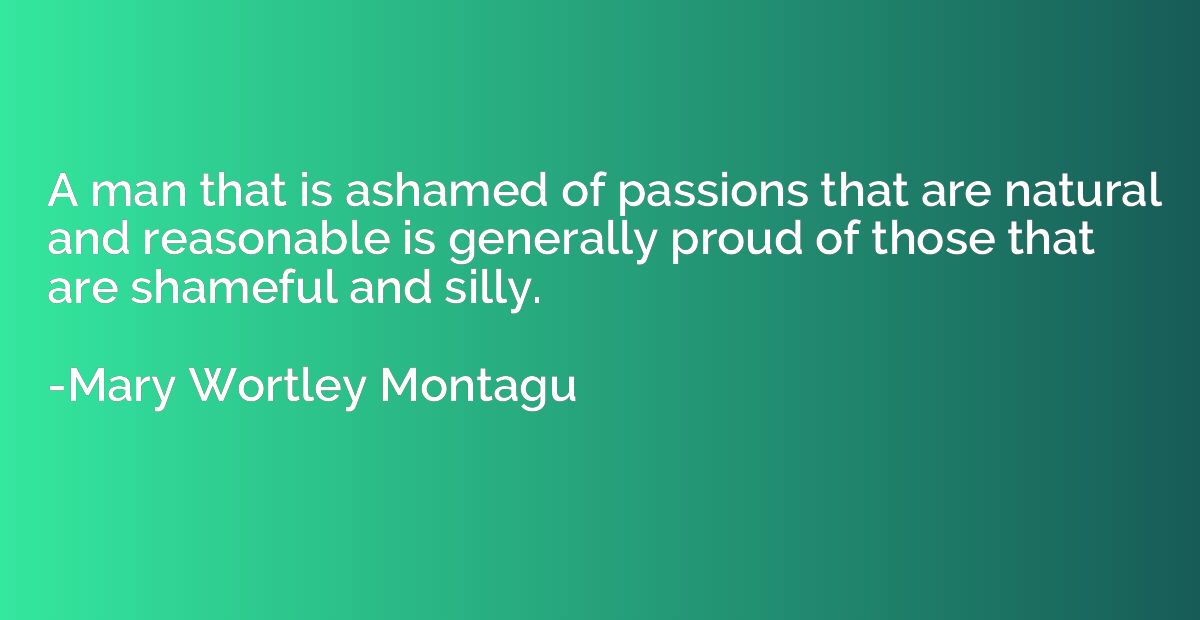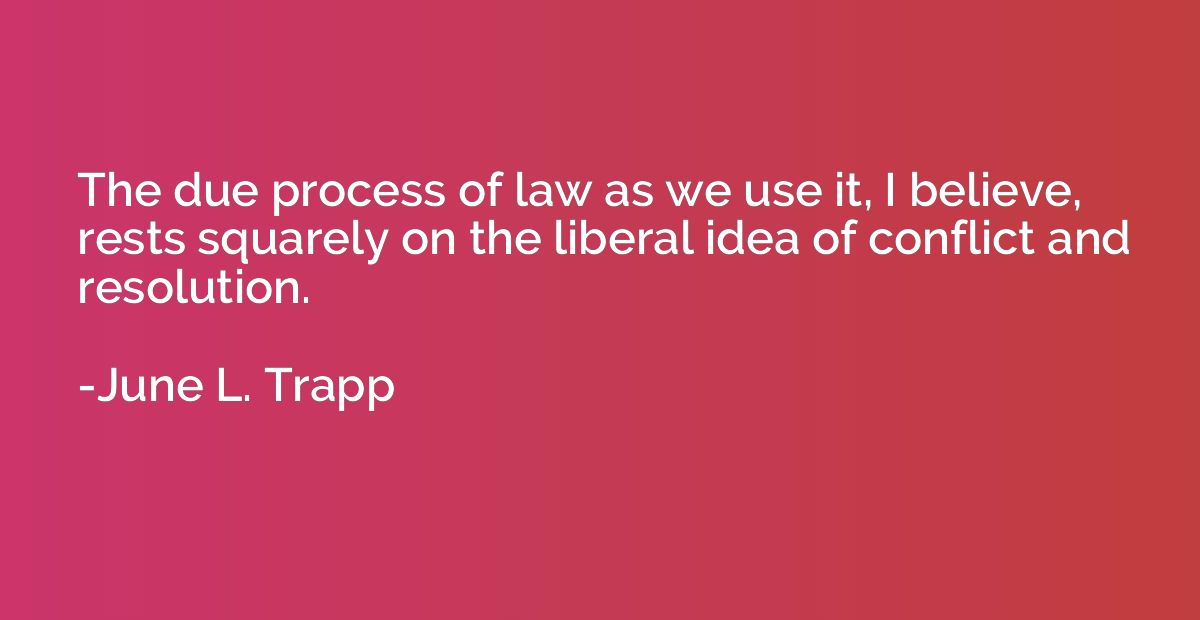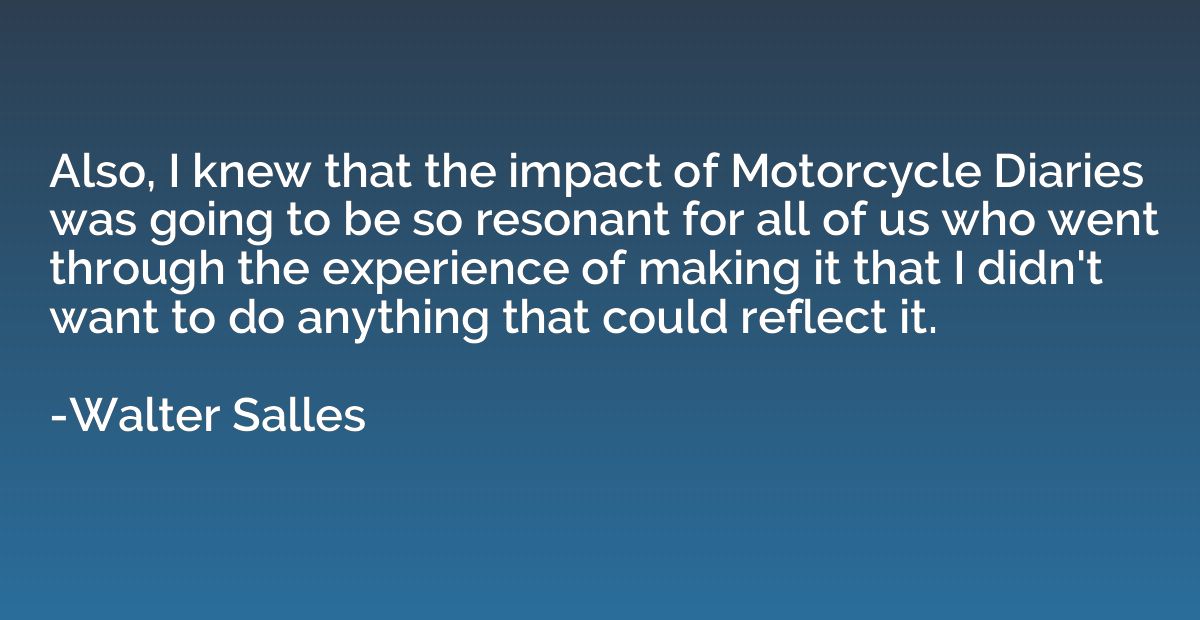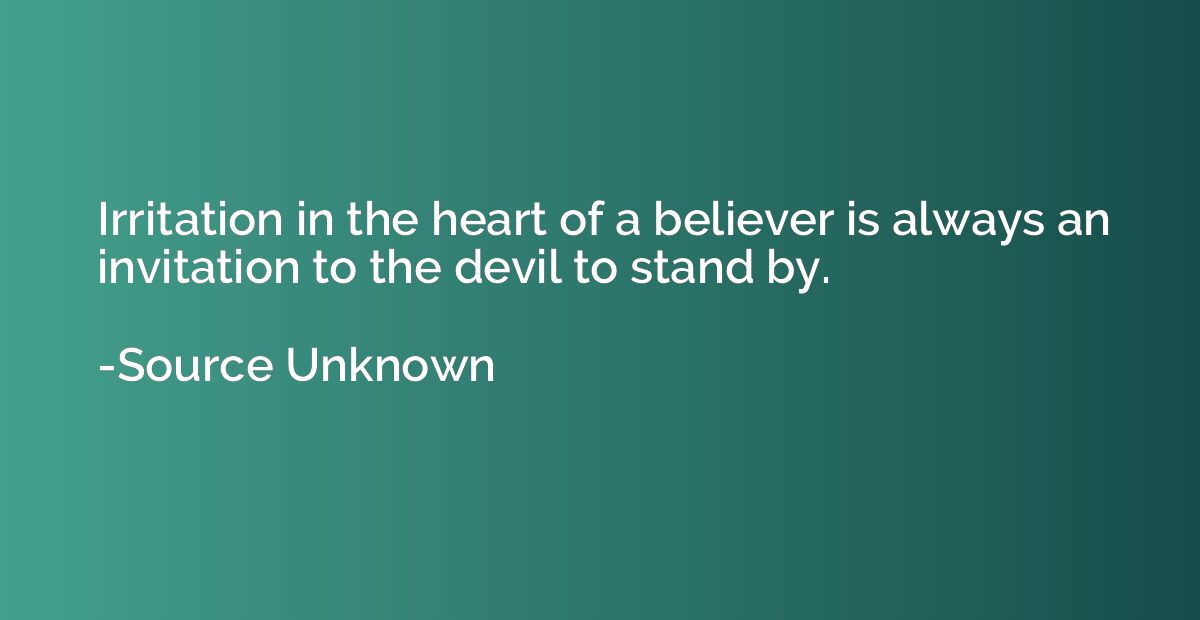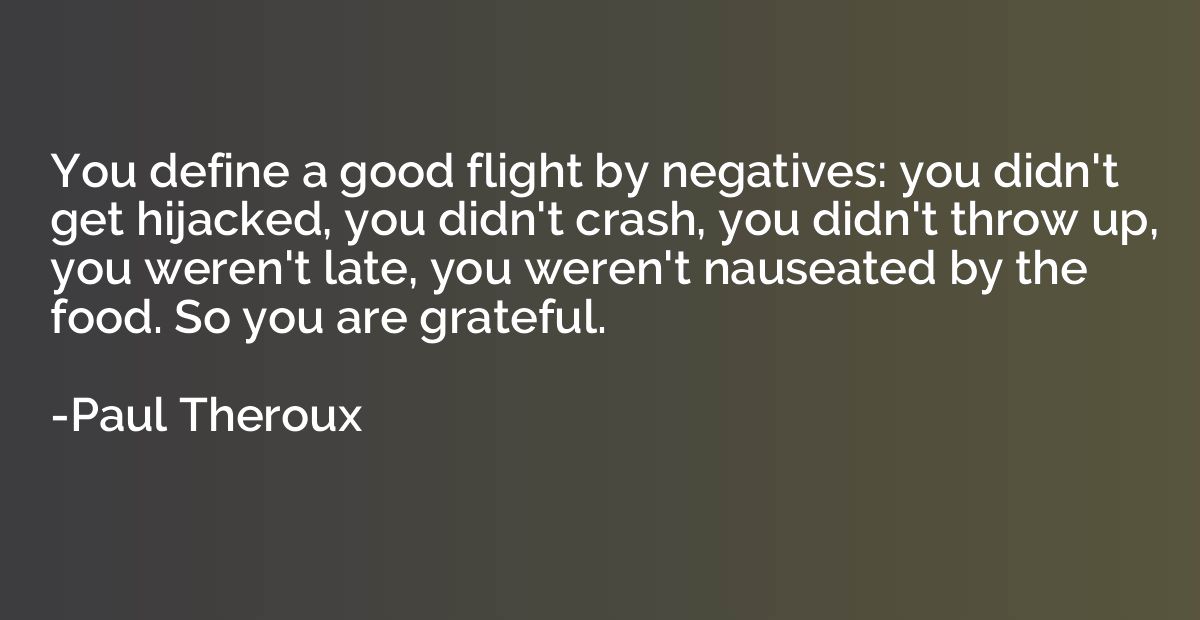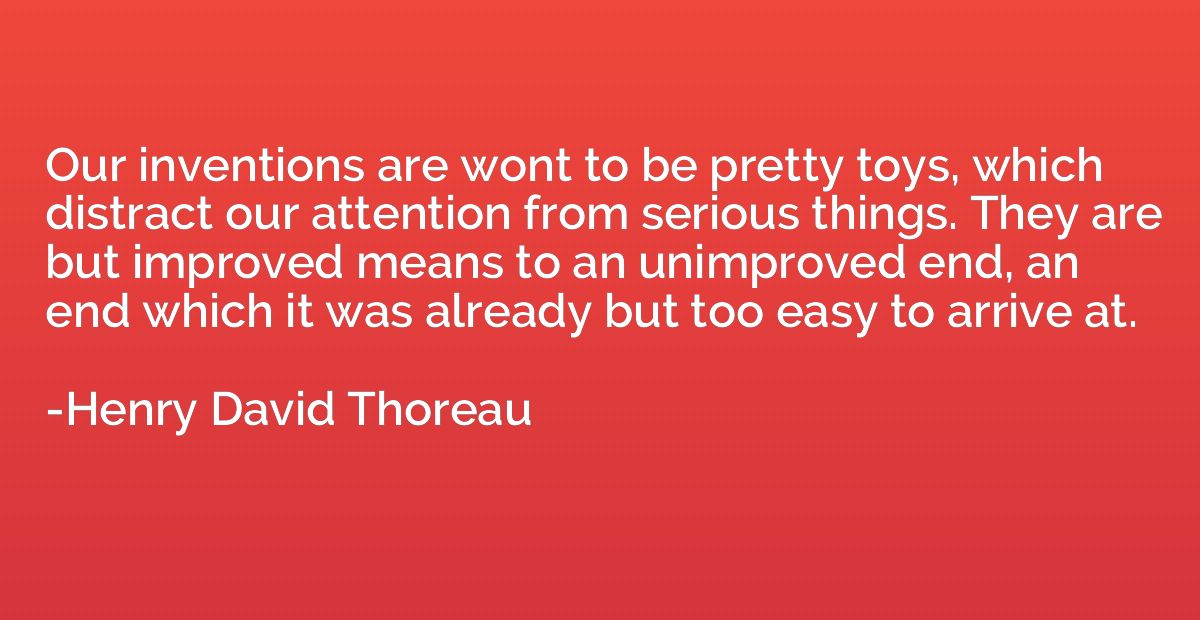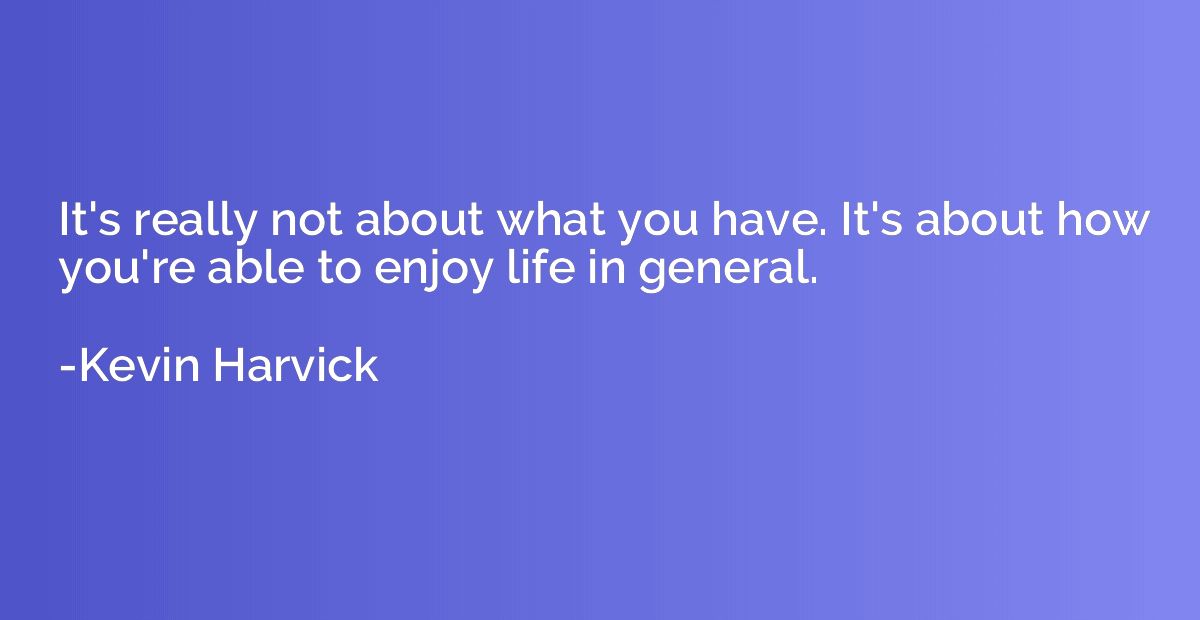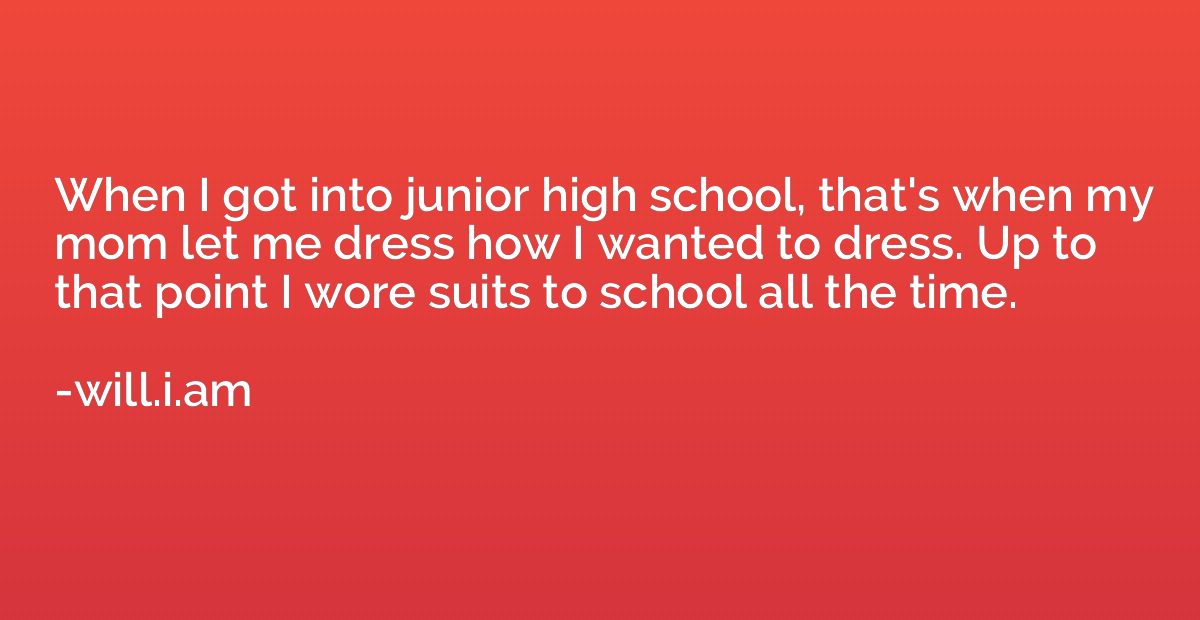Quote by Susan Smith
I knew from day one, the truth would prevail, but I was so scared I didn't know what to do.
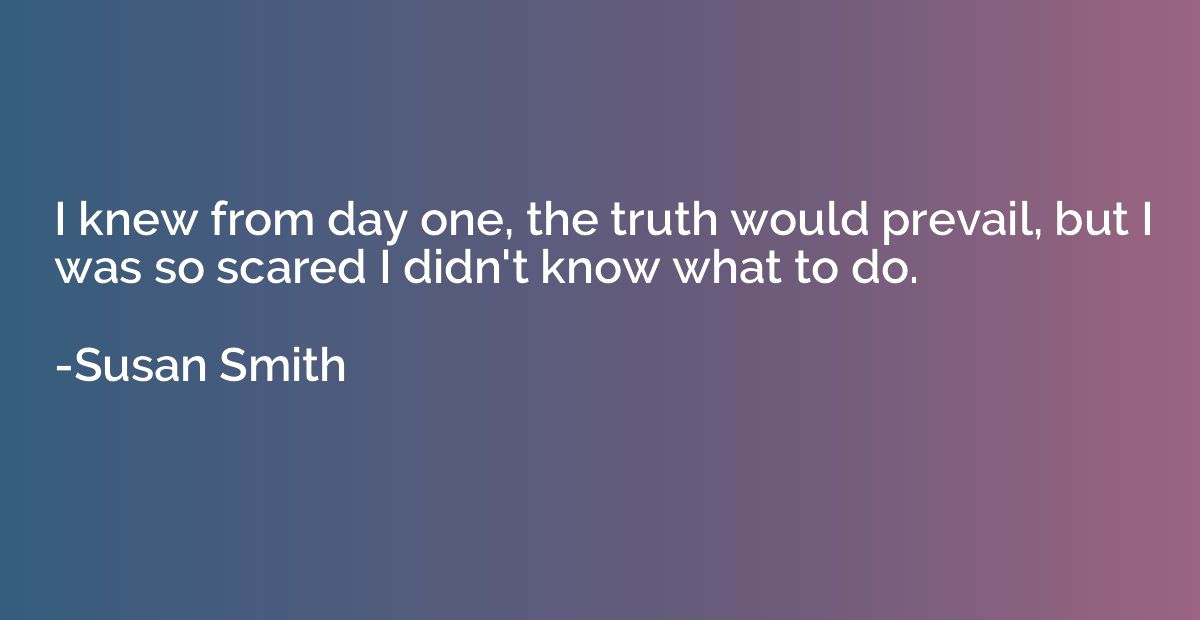
Summary
This quote expresses the narrator's initial realization that ultimately the truth will be revealed and acknowledged. However, it also highlights their fear and uncertainty about how to handle the situation. Despite their certainty about the truth prevailing, their state of fear paralyzes them, leaving them indecisive and unsure of how to proceed. It showcases the internal struggle of coming face-to-face with the truth, yet being overwhelmed by fear and a lack of clarity on how to navigate the challenges that lie ahead.
Topics
Truth
By Susan Smith



